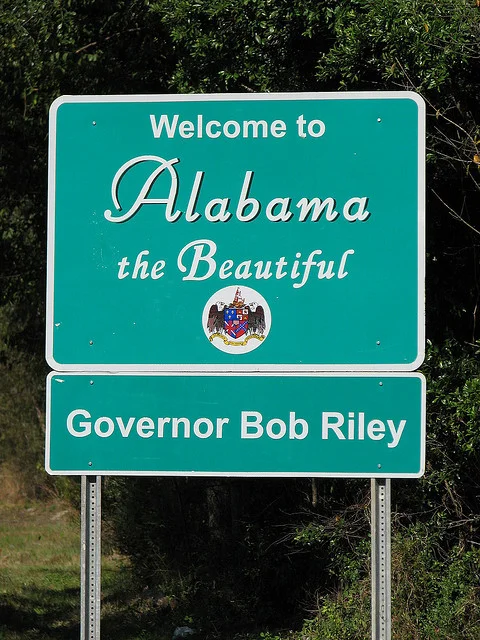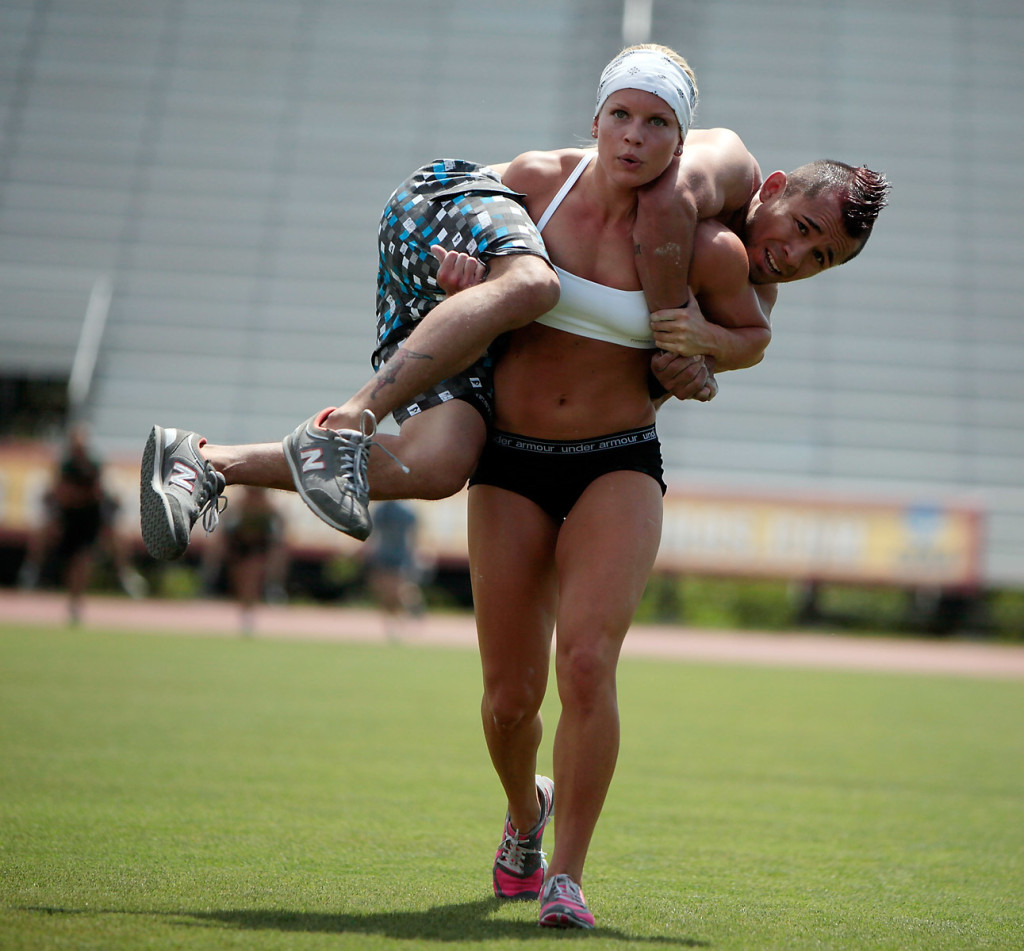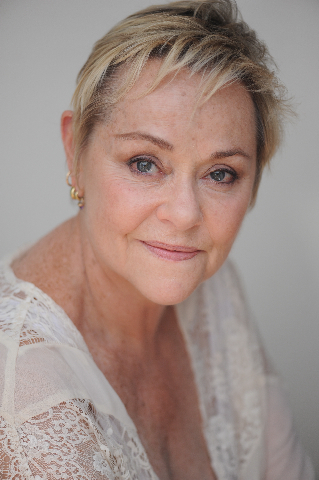Many women who normally wear makeup have experimented with going makeup-free - this is nothing new. But in the last few years, several articles, blog posts and even a week-long internet-based event have documented these experiments, with women candidly discussing their experiences going without. The responses have been mixed, with some people being very supportive and others highly critical.
Here's the beginning of an article at Jezebel by Rachel Rabbit White, a popular blogger who conceived the idea of the No Make Up Week back in 2010:
"Yeah, but I don't wear much…" were my first thoughts, when I imagined running this experiment. No Make-up Week: the idea was good, I thought, but my heart raced a little as it sank in.
"But I don't wear much." And I realized I was a little quick to run to the defense of my palettes and powder.
It's not about taking a week off because make-up is somehow bad or because not wearing it is better. It's that by taking a week off, I should be able to understand my relationship to cosmetics more clearly. Why do I feel I need to sketch on eyebrow pencil before going to the grocery? To shellac my face before seeing a friend? And if I am going to a networking event or party, can I feel comfortable in anything less than contoured cheeks and caked on lashes?
When I think about not wearing make-up for a week, a voice inside of me screams, Noooooooooo! And this is exactly what I want to explore. I mean, the thing is this: Make-up is a powerful tool, it has the ability to transform, to incite imagination and creativity. But, when an option turns into a necessity, I don't know if it's still a tool. At the least, it loses its spark.
And then, there are the social reasons that push us to wear make-up. A study online claims that 8 out of 10 women prefer their female colleagues to wear makeup and the same number of women said they would rather employ a woman who wore makeup than one who didn't. Because of these expectations, I think it's hard for any woman to have a good relationship to make-up.
For me, a good relationship with make-up isn't a given, but it is something to work towards. Whether you wear make-up or not, there is a story there. I often feel like I *need* make-up. And when there is not a real feeling of choice, this needs to be explored.
The comment section for the article gets pretty heated, with many women calling Ms. White out for being insensitive to those who aren't naturally beautiful and for not respecting peoples' choices. Check it out here.
All the posts about No Make Up Week from Ms. White and other contributors can be found here.
Another blogger, Kendall Bitonte (who also is a USA Today correspondent - photo of her at the top of the post), documented her 6-week experiment with no makeup. Here's what she had to say over at the Beauty Bean:
Cleanser. Lotion. Foundation. Bronzer. Blush. Eye shadow on brow bone, lid and crease. Eyeliner. Mascara. Chapstick.
And that was just a typical Wednesday morning.
The face that stared back in the mirror at 7:30AM, baggy eyed with blonde lashes and an uneven skin tone, was a blank canvas that beckoned for paint, definition and color before being viewed by the world.
As I washed my face that night and watched the colors swirl down the drain, I realized my relationship with creams, powders and wands had become a bit more complicated than Covergirl’s “Easy, Breezy, Beautiful.” In fact, applying and wearing makeup was my ritual, a source of joy and a duty. I thought the products made me prettier, more desirable, and more respected by society.
Over the past twenty-one years, I had been waging a war against the body that I saw. I hated my body; from my thighs to my nose, my attributes seemed alien and I never saw an image that convinced me otherwise. Out of all other means, makeup was quickest for me to stencil myself into the published images of beauty.
But makeup was temporary and fleeting relief. Regardless of my efforts and no matter how much I grew, matured, exercised or what I wore, I could never change how I looked. Yet, I kept trying, failing and trying again.
But on that Wednesday, I lay in bed so tired of failing. The tears of the twelve year old in struggling in the GAP dressing room welled up behind the eyes of the now-almost adult. I was disgusted with myself for this self-hatred. My internal fight had exhausted me.
Enough is enough.
“I’m giving up makeup!”
I got up from bed and zipped my makeup bag shut-and shut it would stay for the next six weeks.
Before going leaving for class on day one, I took one last look in the mirror and did not recognize myself. Oh boy, don’t you look like a ray of sunshine. I threw on a scarf to put something pretty near my face, fixed my hair and stared back at my bare face-everything looked so wrong.
These six weeks are going to suck.
This revulsion at my fresh face did not subside until around week four. In these weeks, my face braved class, extracurricular activities, bars, dance parties, Spring Break and a graduate school interview all without the armor of cosmetics. I faced each day with a dose of doubt and fluttering nerves that someone would call my bluff and question who I thought I was looking so undone. You’re not pretty enough to do this.
Despite my fear, I doubted that someone would say something about my lack of makeup (the possible awkwardness would hopefully stop any sane person). My doubt rang true as I went six weeks without a single interrogation of “Are you not wearing makeup?” In fact, the closest questioning was far from a negative experience: a guy friend of mine asked at the middle of week four, “Did you do something different with your hair? Something looks different, I can’t figure it out but it’s a good different.” I shook my head and smiled. So someone did notice-he noticed me and I am a ‘good different.’ So, while I cannot say if anyone noticed that I did not wear makeup, I can say with absolutely certainty that no one cared.
With these six weeks now behind me, I wear much less makeup. I hardly ever wear anything besides moisturizer and chapstick to class and when I do “glam up” for the weekend, I think of makeup as means to accentuate my features, not to cover them.
But the rebellion against my own demoralization is far from over. As these past six weeks taught me, the world embraces me more than I embrace myself and wearing less makeup has been one small step towards self-love and towards the end of this fight.
And what would a post on makeup be without a little levity from Jenna Marbles (NSFW language!):















